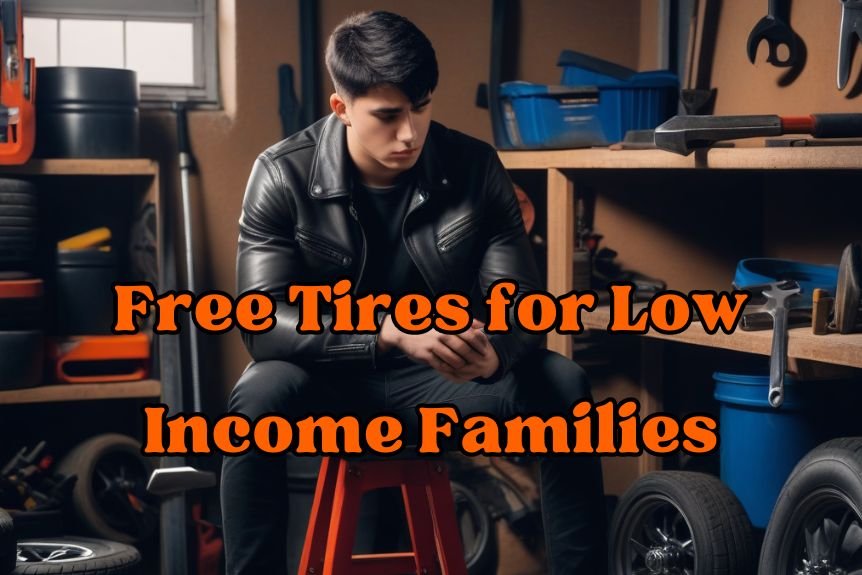Did you know that a staggering 20% of low-income families in the United States rely on car loans to purchase a vehicle? Car loans can be a lifeline for those who need reliable transportation to work, school, or appointments.
However, navigating the world of car loans can be overwhelming, especially when you have a limited income. In this discussion, we will explore the various options available for low-income families seeking car loans, the eligibility criteria to qualify for these loans, and some helpful tips to increase your chances of securing a car loan even with a low income.
So, let’s dive into the world of car loans for low-income families and discover how you can make this process work for you.
Types of Car Loans for Low Income Families

When it comes to car loans for low income families, there are several types available to meet their specific financial needs.
These types include Special Financing, Buy Here Pay Here, Tote the Note, Rent to Own, and In-House Financing.
Special Financing is a type of car loan that’s specifically designed for individuals with poor credit.
Buy Here Pay Here dealerships near you offer car loans directly to consumers, allowing them to make payments directly to the dealership.
Tote the Note is another option for low income families, where the dealership acts as the lender and allows the buyer to make weekly or bi-weekly payments.
Rent to Own car loans allow individuals to rent a vehicle with the option to purchase it at the end of the lease term.
Lastly, In-House Financing is offered by dealerships that provide loans directly to the consumer, eliminating the need for a third-party lender.
These types of car loans cater to the specific financial situations of low income families, making it easier for them to obtain a reliable vehicle despite their poor credit.
Eligibility Criteria for Low Income Car Loans

To determine eligibility for low income car loans, potential borrowers must meet certain income requirements set by subprime lenders or car dealerships. The minimum pre-tax monthly income required may vary depending on the lender or car dealer. It’s important for low income families seeking car loans to understand the specific eligibility criteria of the lender or dealership they’re approaching.
One option for low income individuals is to work with Auto Credit Express, which can help connect them with dealerships that offer car loans for low income families. To initiate the low income car loan process, potential borrowers can fill out an auto loan request form on the Auto Credit Express website.
To gain a clear understanding of the eligibility criteria for low income car loans, it’s recommended to speak directly with a lender or car dealer. They’ll be able to provide information on the income requirements, as well as any other criteria that need to be met.
Tips for Securing a Car Loan on a Low Income

Consider exploring special financing options, such as buy here pay here or in-house financing, to secure a car loan on a low income. These options can be helpful for individuals who may not qualify for traditional loans due to their low income.
Here are four tips to help you secure a car loan on a low income:
- Review your credit score: Make sure to check your credit score before applying for a car loan. A higher credit score can increase your chances of getting approved and also help you secure better interest rates.
- Set a budget: Determine how much you can afford to spend on a car loan. Consider your monthly income and expenses to come up with a realistic budget that won’t strain your finances.
- Save for a down payment: Having a down payment can significantly improve your chances of getting approved for a car loan on a low income. Save up some money to put towards the down payment to reduce the overall loan amount.
- Consider a co-borrower: If your income is low, having a co-borrower with a higher income can increase your chances of approval. Keep in mind that the co-borrower will also be responsible for the loan if you’re unable to make payments.






